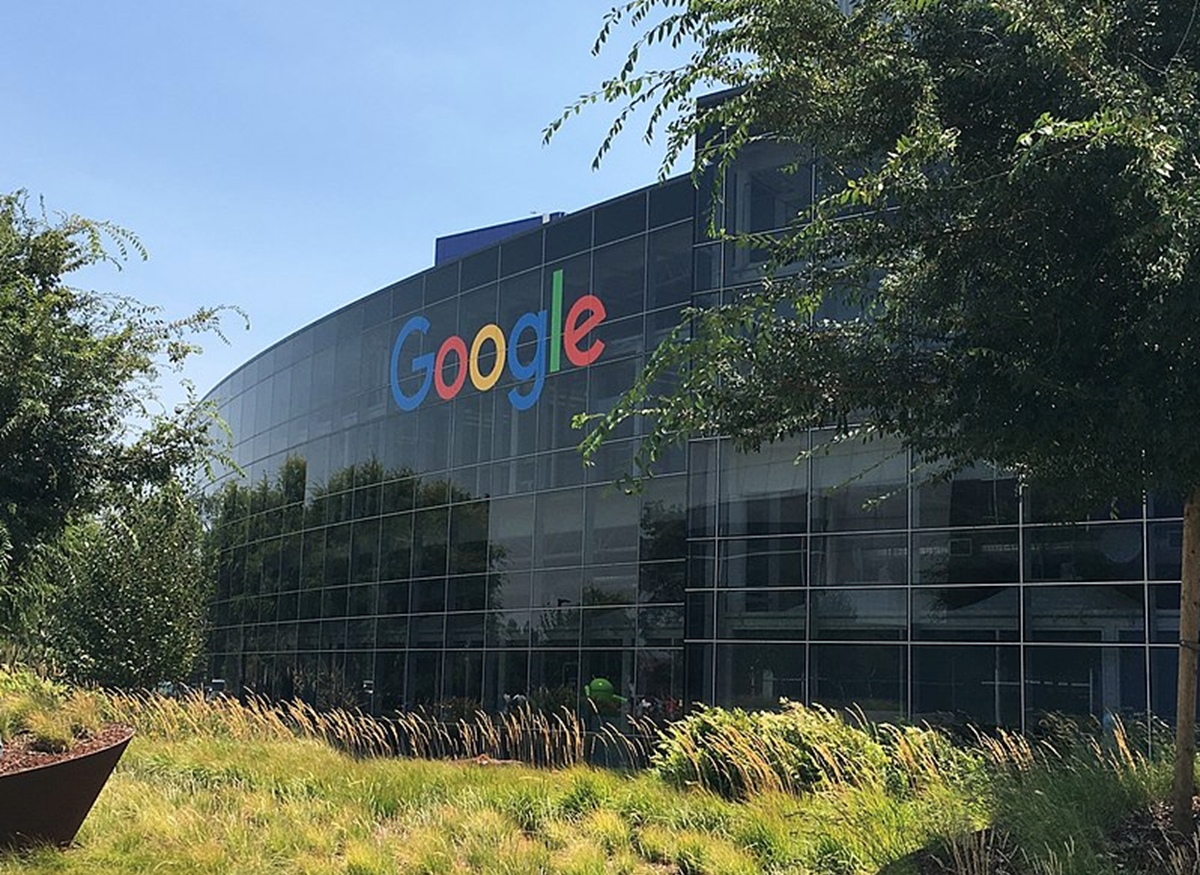The EU’s second highest court ruled against Google last week after the company appealed a $2.8 billion fine from an antitrust case in 2017.
“The ruling comes after the European Commission...said in 2017 that Google had favored its own comparison shopping services and fined the company 2.42 billion euros ($2.8 billion) for breaching antitrust rules,” CNBC reports.
In a press release, the General Court noted that “by favoring its own comparison shopping service on its general results pages through more favorable display and positioning, while relegating the results from competing comparison services in those pages by means of ranking algorithms, Google departed from competition on the merits.”
The service, called Google Shopping, allows users to compare products and prices from online retailers. Though competing services were still featured on Google’s results page, Google had been promoting its own service with more favorable positioning. But that was unacceptable for regulators. In their view, Google was abusing its “monopoly” power to the detriment of consumers.
A Solution in Search of a Problem
Though there are many issues with this case, perhaps it’s worth starting with the fact that Google isn’t actually a monopoly. True, it has a lot of market share, but competitors like Bing and Duckduckgo are also easily accessible, and nothing is stopping them from taking customers from Google by offering better services.
Another major issue is that this ruling fails to recognize the distinction between the service a platform provides and the advertisements that appear on the platform. Google’s service is disseminating information. Its ads are how it makes money. True, ads are also designed to disseminate information, but that doesn’t mean Google has a responsibility to advertise on behalf of its competitors.
To illustrate the absurdity of forcing a platform to advertise their competitors as much as themselves, consider what this ruling would imply in other contexts. Facebook would be banned from promoting Marketplace on their platform unless they also promoted Kijiji with equal fervor. A monopolistic Honda dealership couldn’t have Hondas in their lot unless they also had an equal number of Toyotas. And heaven forbid they systematically put the Hondas in more favorable locations on the lot than the Toyotas.
So if this approach is self-evidently ridiculous in just about every other context, why does it get a pass with Google? Well, one of the things about antitrust suits is that they tend to be very arbitrary. Essentially, prosecutors have this weapon in their hand called antitrust, and their job is to come up with ad hoc excuses to use it. When challenged to apply their rules with any degree of consistency, they balk at the suggestion. Why do some mergers get stopped while others don’t? Why can some companies promote their products on their own platforms while others can’t? There are no good answers, because none of this is based on any objective criteria. In practice, it almost feels like the point is just to punish big companies for being big.
Of course, they say this is about helping consumers. But if this is really about consumer well being, why such an extortionate fine? And why does the money go to the government and not the users or competitors who were ostensibly harmed?
Antitrust is Anti-competitive
In theory, the benefit of this approach is that consumers will be better off because they will have more information about the choices that are available to them. But while it’s possible that some consumers will derive some benefit from this, there are many costs to be considered as well.
First, having more options isn’t necessarily better. As Barry Schwartz explains in his book The Paradox of Choice, being inundated with options can turn us away from choosing at all. And even if we decide to pursue one of the options in front of us, we are often less satisfied with the choice we made because we feel like we could have done better.
The other major drawback with antitrust is that it restricts a firm’s ability to invest, innovate, and respond to consumer demand.
For starters, the resources spent on the case are resources that could have been better spent helping consumers. But even more than that, when firms aren’t free to expand, merge, or even promote their own products on their own platforms, that creates a massive roadblock to improving consumer well being.
Firms want to help consumers. That’s how they make profits. But they can only do so to the extent that they are free to run their business as they see fit. If their hands are tied by antitrust regulations, their ability to innovate and adapt, that is, to compete, is significantly curtailed.
As Thomas DiLorenzo notes, “it is well known to antitrust scholars that one effect of antitrust is to induce companies to be less successful than they could be out of fear of attracting the attention of antitrust regulators. It was the official policy of General Motors for many years to never let its market share top 45 percent for this very reason.”
The point is, rules about the things companies are allowed to do ultimately get in the way of competition. The result is that many beneficial initiatives are rejected, not on account of their economic shortcomings, but purely because they would be politically infeasible.
Of course, there may very well be cases where firms are too big and should probably break up. But that decision needs to be made by consumers, not politicians.

